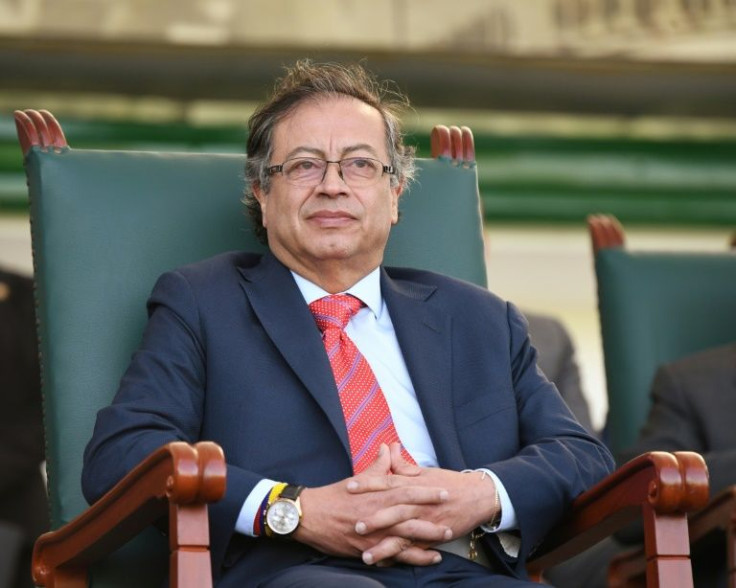
The Colombian government announced Monday that the ceasefire with the FARC-EMC rebel group has been extended to facilitate peace talks and reduce violence, especially in the rural parts of the country.
The ceasefire, which was originally set to expire this week, has been extended until July 15, as per the decree signed by President Gustavo Petro on Sunday. According to the government, this ceasefire will make rebels stop attacking civilians in areas under their control.
Elizabeth Dickinson, a Colombia analyst at the International Crisis Group, appreciated the ceasefire extension, noting that it has so far limited the clashes between the government and the rebel groups.
However, she pointed out that the ceasefire has made no real impact on communities. "What we get to see now is whether this ceasefire can change that paradigm," she added, AP News reported.
Colombia's government first announced peace talks in October last year with the FARC-EMC splinter group after they agreed to a ceasefire for three months.
The FARC-EMC group consists of around 3,500 fighters, led by rebel commanders who didn't sign a peace deal between the Colombian government and the main FARC group in 2016. Since the signing of the peace deal, the homicides in the entire country have reduced.
However, the violence has not reduced in some rural areas in Colombia, where not only FARC-EMC but other groups like the National Liberation Army (ELN) and the Gulf Clan are fighting over territory, that was left by the main FARC group.
Last month, ELN urged the government to keep its promise of funding projects for rebels to earn a livelihood, so that they can stop kidnapping civilians and demanding ransom.
The ELN group still has about 2,000 to 4,000 armed members in Colombia as well as in the neighboring country, Venezuela. The rebel group is also holding at least 38 people as hostages, as per Colombia's Defense Ministry.
The group had kidnapped Colombian national soccer team striker Luis Díaz's father, Luis Manuel Díaz, from a gas station in Barrancas, a small town in the Department of La Guajira. After a few days of negotiation, his father was released.
In addition to kidnapping Colombian citizens, the rebel groups also target government officials and foreigners for financial gain, political influence, and to capture territories.
© 2023 Latin Times. All rights reserved. Do not reproduce without permission.







